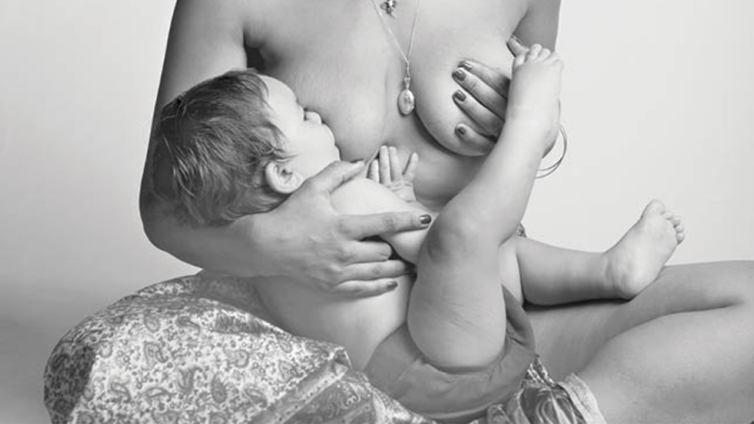Available data on infant nutrition shows decreasing breastfeeding rates, inadequate meal frequency and diet diversity, thereby, increasing wasting among children below five years in the country.
The nation’s early initiation of breastfeeding hovers around 50 percent while exclusive breastfeeding at six months stands around 43 percent, Dr Paulina Appiah, the Bono East Regional Deputy Director in-charge of Public Health indicated.
Dr Appiah who revealed the figures during the regional launch of the ‘Start Right-Feed’ campaign held at Kintampo noted the data indicated the stark reality of breastfeeding practices in the country.
Mrs Rebecca Akufo-Addo, the First Lady, launched the national campaign which targets children from birth to two years in August 2020.
The campaign aimed at promoting and raising awareness of the benefits of exclusive breastfeeding and the provision of foods with the right balance of nutrients to make the targeted children more productive.
Exclusive breastfeeding, Dr Appiah explained, helped protect infants from common childhood illnesses such as diarrhoea and pneumonia, which she said were the two primary causes of child mortality in the country.
“It is also beneficial for the mother as it is associated with reduced risks of breast and ovarian cancer, type II diabetes, and postpartum depression,” she said.
Even after complementary foods have been introduced, breastfeeding remains a critical source of nutrients for the young infant and child.
It provides about one half of an infant’s energy needs up to the age of one year, and up to one third during the second year of life.
But, Dr Appiah regretted that complementary feeding was often fraught with problems of foods being too diluted, saying only 12 percent of children below two years were consuming the minimal acceptable diets in the country.
“Household food and feeding practices influence the quality of complementary feeding, and mothers and families need support to practice good complementary feeding,” she said.
She emphasized that a concerted approach was required to make the campaign achieve the desired outcome and called on traditional authorities, media, assembly members, civil society actors and organizations to play their part as well.
Latest Stories
-
ECG Power Queens support Ho Female Prison
43 minutes -
Don’t appoint a new EC Chair; allow Jean Mensa to work – Prof. Stephen Adei to Mahama
1 hour -
Bayer Leverkusen’s Jeremie Frimpong arrives in Ghana for visit
2 hours -
‘It will be disastrous if Mahama removes the Chief Justice’ – Prof. Stephen Adei
2 hours -
Jean Mensa must step down as EC Chair – APC and Movement for Change assert
2 hours -
Akufo-Addo calls on police to refine strategies to avoid prolonged electoral unrest
2 hours -
Only NPP looting brigade unhappy about ORAL – Ablakwa
2 hours -
CSIR-SARI introduces integrated soil fertility management technology to boost maize production
2 hours -
Ghana’s indigenous agribusiness faces challenges impacting economic growth – Dr. Azinu
2 hours -
41-year-old man arrested over illegal power connection
2 hours -
65-year-old man plans to walk over 250-km Kumasi-Accra journey for Mahama’s swearing-in
2 hours -
Woman dies after being set on fire on NYC subway
4 hours -
Elon Musk’s curious fixation with Britain
4 hours -
EBID wins the Africa Sustainability Award
6 hours -
Expansion Drive: Takoradi Technical University increases faculties
10 hours

